The International Committee of the Red Cross as guardian of international humanitarian law
… leaving the subject we should mention the links the ICRC has forged within the …
… leaving the subject we should mention the links the ICRC has forged within the …
… to alleviate, for example when it relieves a family of uncertainty and anguish as to the … and trains – resulting from the erosion of family patterns. It is in the hospitals, … his captive to his own home. Here, his whole family, all the other warriors and all of his …
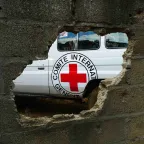
… is crucial to promote and raise awareness of Restoring Family Links services which are provided by the …
… between, trace or reunite thousands of family members who lost contact or went … the globe to protect and restore family links, to search for and identify missing … as a neutral intermediary. Read more Restoring family links network: unique, global …
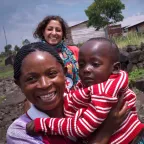
… the missing in armed conflict Useful links A Comprehensive Web-Based Solution for … other experts and, most importantly, missing family associations all attended. The … the vital role of networks that restore family links in which the ICRC, the broader …
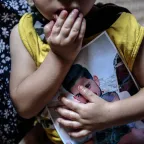
… particularly vulnerable to separation from family members and the suffering caused by … plays a leading role around the world in restoring family links both during and after armed conflicts. …
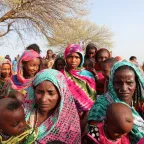
… with the agreement of the parties involved. Restoring family links Organizing the exchange of family news …
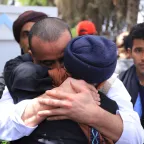
… with training and support for prison staff. Restoring family links If detainees lose contact with their …
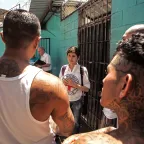
… children who may have one or more missing family members, and we provide essential goods … from being split up in the first place. If family members do become separated because of … humanitarian law. Read more Useful links Statements on children Annual Day of …

Try one of the following resources:
Created in 1863, the ICRC library, alongside the ICRC archives, provides an indispensable documentary reference on the organization itself and international humanitarian law.
International humanitarian law is based on a number of treaties, in particular the Geneva Conventions of 1949 and their Additional Protocols, and a series of other instruments.
Customary international humanitarian law consists of rules that come from "a general practice accepted as law" and that exist independent of treaty law.